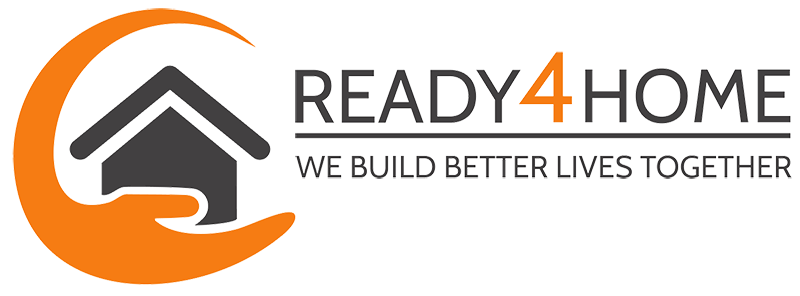Residents
Residents
Homelessness affects people from all walks of life, but some groups are more
vulnerable to losing their home or face greater barriers to rebuilding their lives.
Many of our clients have experienced violence, abuse, trauma, or disadvantage,
leaving them without the stability that safe accommodation provides.
We work with a wide range of people, including domestic violence survivors, ex-
offenders, those sleeping rough, the hidden homeless, veterans and residents
with leave to remain.
Each group faces unique challenges, yet they share a common need: a safe and
secure place to call home.
Our mission is to meet people where they are, provide housing and tailored
support, and give them the best chance of breaking the cycle of homelessness
for good.
Domestic Violence Victims
There is a clear and well evidenced link between domestic abuse and homelessness. In 2022, official statistics for England show that 13,857 people were accepted as homeless by their local authority because of a violent relationship breakdown, this accounts for 28% of all homeless applications (Crisis, 2020).
Nations Apart research found that 73% of homeless females had experienced violence and/or abuse from a partner. Official statistics state in England and Wales alone 2.4 million women experienced domestic abuse in 2021/2022 and on average two women a week die as a result of violence from a current or ex-partner.
Ex-Offenders
Accommodation is one of the ‘nine pathways’ officially recognised by the National Offender Management Service (NOMS) as key to reducing reoffending for men and women. It is identified by people who offend as second only to employment in improving their chances of resettlement. Yet people in trouble with the law may find themselves declared intentionally homeless, deemed ineligible for housing, or cut off housing benefit and evicted for rent arrears.
Without a home, it is much harder to find employment, training placements, register with a GP to access health care, and arrange benefits. A lack of suitable housing can be a cause of offending, a homeless person may commit a crime out of desperation to have a roof over her head (albeit a police station or prison cell).
Access to safe, affordable accommodation is commonly identified by men and women in prison as a top priority for successful resettlement. We recognise that without a home, many people don’t stand a chance and the cycle continues. In response to this demand we created Ready4Home.
The project was specifically created to house people leaving prison. We aim to end the cycle of re offending by picking clients up at the gates and offering a solution from day one. A Ready4Home member of staff will pick the resident up on the day of release, take them to all necessary appointments and drop them off to a home, where they’ll be met with warmth by a support worker.
Street Homeless
Rough sleeping is the starkest form of homelessness and it is often the most vulnerable survivors who sleep rough following their escape from abuse.
Men and Women sleeping rough also experience domestic abuse in their relationships on the streets, where other than ourselves, specialist gender-specific services to address their particular needs are few and far between. Sleeping rough is dangerous for anyone, however women carry the added burden of gender-based violence and abuse before, during, and after their time on the streets.
Research by Crisis (2020), the homelessness charity, found 58% of women sleeping rough had been intimidated or threatened with violence and force in the past 12 months compared to 42% of men..
Hidden Homeless/Sofa Surfing
Hiding from harm can mean that men and women are also hidden from help and missing out on homeless services, moreover they are not being counted in official statistics, which are also suspected to be significantly miscalculated/underestimated. Estimates suggest that there are hundreds of thousands of homeless men and women in the UK, with many of them in temporary accommodation or sofa surfing (House of Commons, 2020).
These hidden homeless people often carry the same problems or come from the same situations as the men and women above, but are often forgotten once a very temporary solution is found to their issues.
Veterans
Veterans leaving the Armed Forces have a very real need for support. The period of transition from the Military to the community is always challenging.
This means Veterans can find themselves homeless, offending and in prison; with 60% of those leaving custody without intervention reoffending within the first 12 months of release.
Leave to remain residents
People with Leave to Remain status often face barriers to stable housing. Despite their
legal right to stay in the UK, many struggle to access welfare support, affordable
accommodation, or secure employment.
This leaves them vulnerable to exploitation, overcrowding, sofa surfing, or homelessness.
Language barriers, stigma, and limited knowledge of entitlements mean many do not
receive the help they need.
Without safe housing, it is difficult to find work, pursue education, or build stability in the community. We believe that secure accommodation is the foundation for integration and
opportunity, helping Leave to Remain residents move forward with dignity and
independence.
